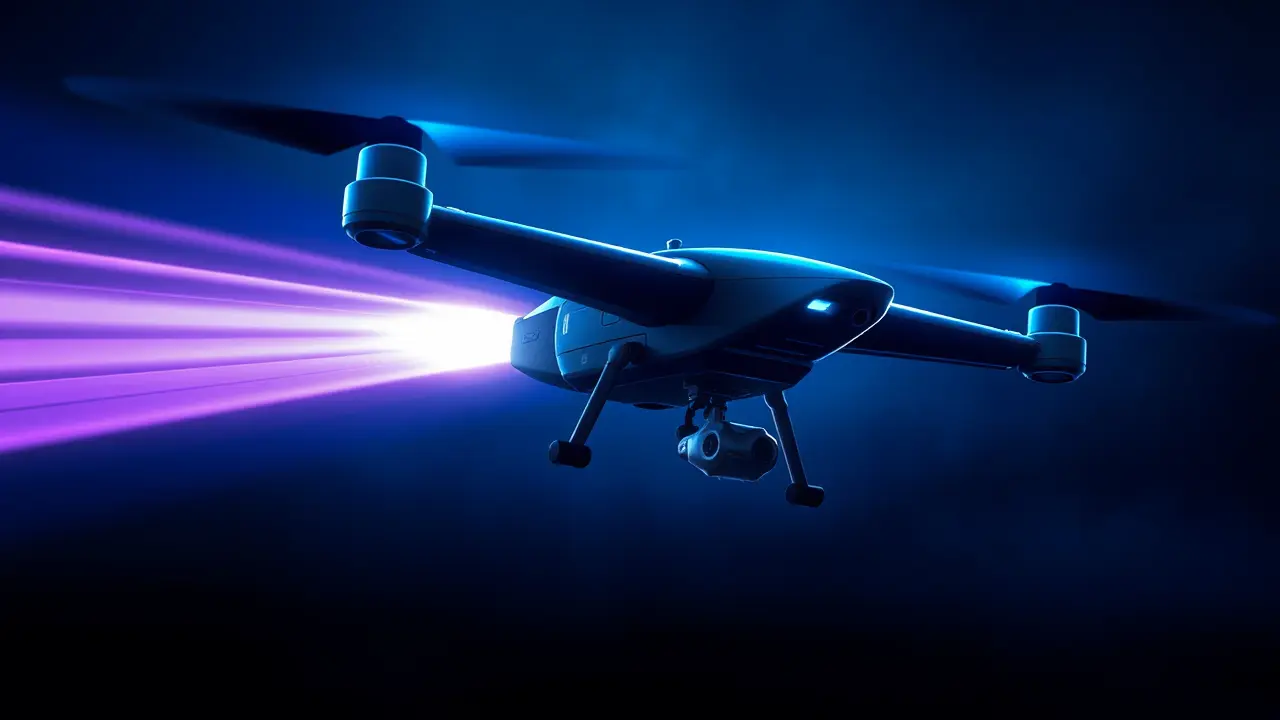
Politicsconflict & defenseMilitary Operations
UK to Assist Belgium After Suspected Russian Drone Incursions.
OL
Oliver Scott
5 hours ago7 min read3 comments
The request from Belgian Chief of Defence Michel Hofman to his UK counterpart, Sir Richard Knighton, for personnel and equipment assistance following suspected Russian drone incursions represents a significant escalation in the West's operational posture towards Moscow's increasingly brazen hybrid warfare tactics. This isn't merely a bilateral aid package; it's a stark indicator that NATO's eastern flank is hardening in real-time against a campaign of psychological and territorial probing designed to test alliance cohesion and response thresholds.The incursions, likely involving low-observable Orlan-10 or similar reconnaissance drones, follow a well-established Russian playbook of 'threshold testing'—operating just below the level that would trigger a conventional Article 5 response, thereby creating a pervasive atmosphere of insecurity and challenging sovereign airspace without declaring open hostilities. For a political risk analyst, this move signals a critical pivot.Belgium, hosting key NATO institutions in Brussels, is not a frontline state like Poland or Romania, yet it has now become a direct target of this grey-zone aggression. The UK's anticipated provision of advanced electronic warfare suites, signal intelligence specialists, and potentially the RAF's 116th Expeditionary Air Wing, which specializes in counter-drone operations, transforms the situation from a localized border incident into a strategic alliance-wide concern.We must consider the plausible scenarios from here: a calibrated UK deployment could deter further incursions, stabilizing the immediate situation. However, a more likely medium-term risk is that Russia, undeterred, simply shifts its probing activities to another less-fortified NATO member, like Slovakia or the Baltic states, initiating a costly game of whack-a-mole for the alliance.The financial and logistical strain of maintaining such a high-alert, distributed counter-drone umbrella across Europe is immense, and this is precisely the kind of asymmetric cost-imposition strategy Moscow excels at. Furthermore, this event cannot be viewed in isolation from the recent sabotage of critical infrastructure, like the Nord Stream pipelines, and the rampant cyber-attacks on European energy grids.These are interconnected threads in a broader, multi-domain campaign to destabilize European security and erode public confidence in governmental and institutional defenders. The assistance from London, while tactically necessary, also carries the strategic risk of reinforcing a reactive rather than proactive NATO stance.The alliance finds itself responding to Putin's initiatives instead of dictating the terms of engagement, a dangerous position in any protracted conflict. The long-tail consequences involve a near-certain acceleration of integrated air defense procurement among EU members, a reevaluation of Article 5's triggers in the age of non-kinetic threats, and a deepening military dependency on the UK post-Brexit, which carries its own complex political ramifications within European Union corridors of power. Ultimately, the quiet request between two military chiefs in a Brussels office may well be remembered as the moment the West acknowledged that the battle for European airspace is no longer fought solely with fighter jets and SAM batteries, but with a new arsenal of electronic countermeasures, cyber defenses, and the political will to defend borders against invisible, deniable invaders.
#UK military
#Belgium
#drone incursions
#Russian threat
#defense assistance
#featured
Stay Informed. Act Smarter.
Get weekly highlights, major headlines, and expert insights — then put your knowledge to work in our live prediction markets.
© 2025 Outpoll Service LTD. All rights reserved.